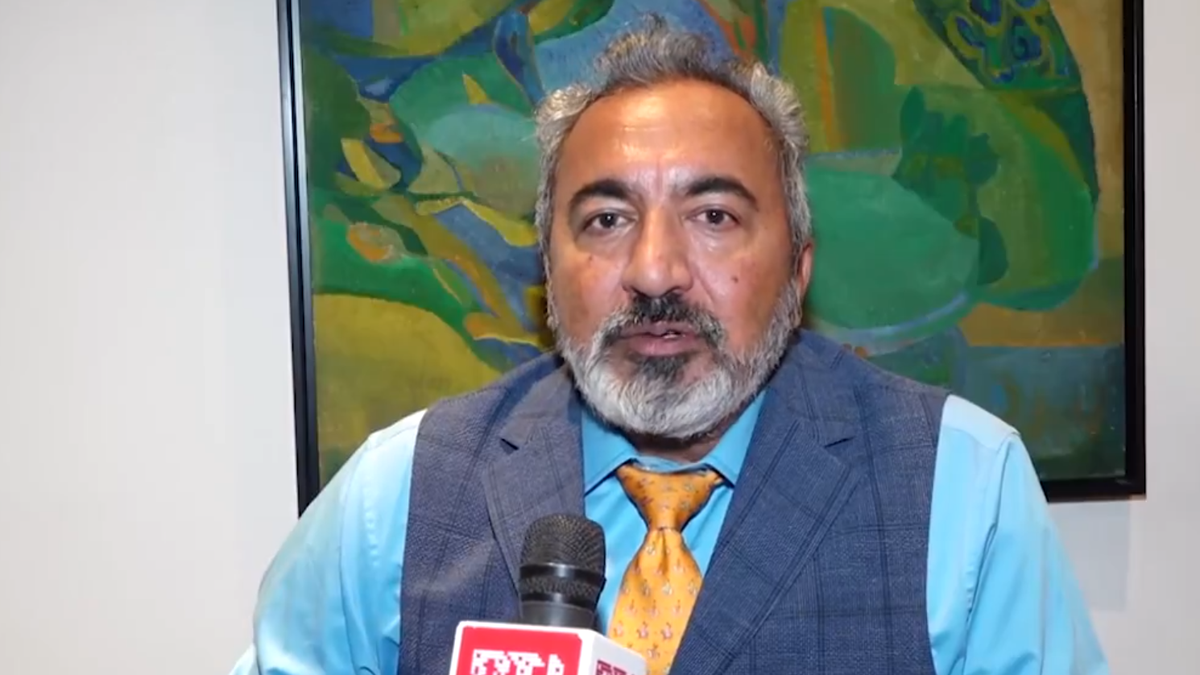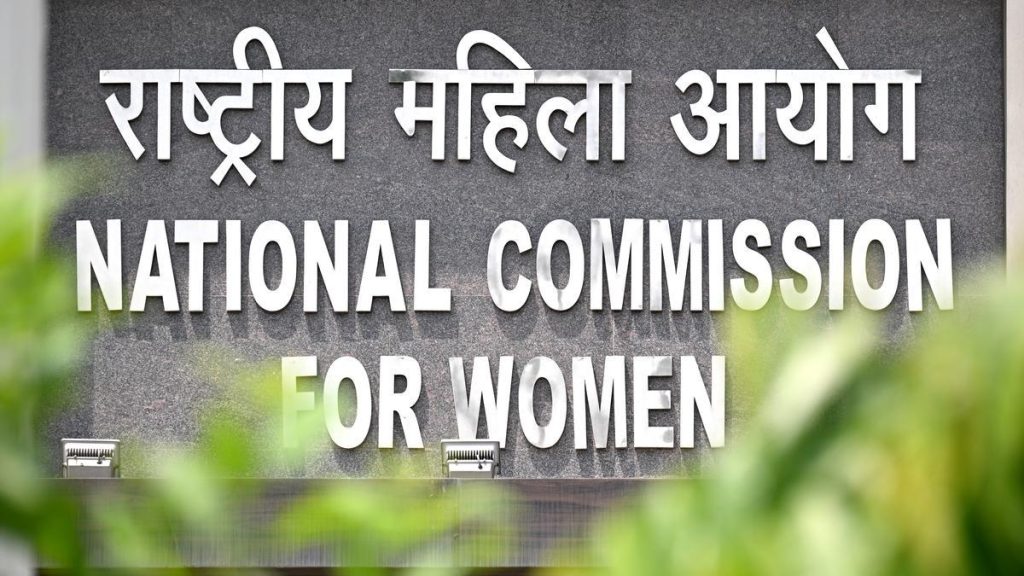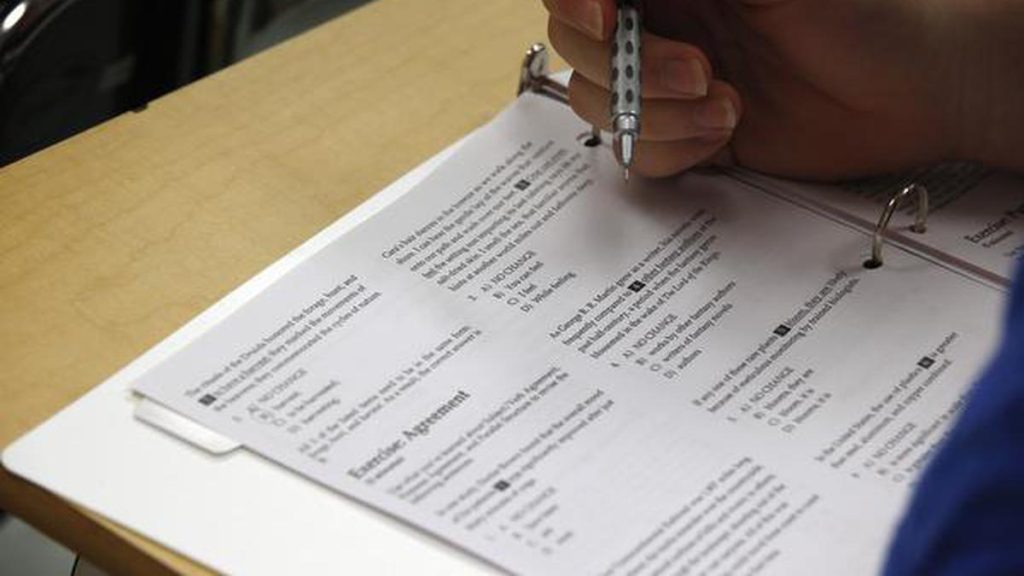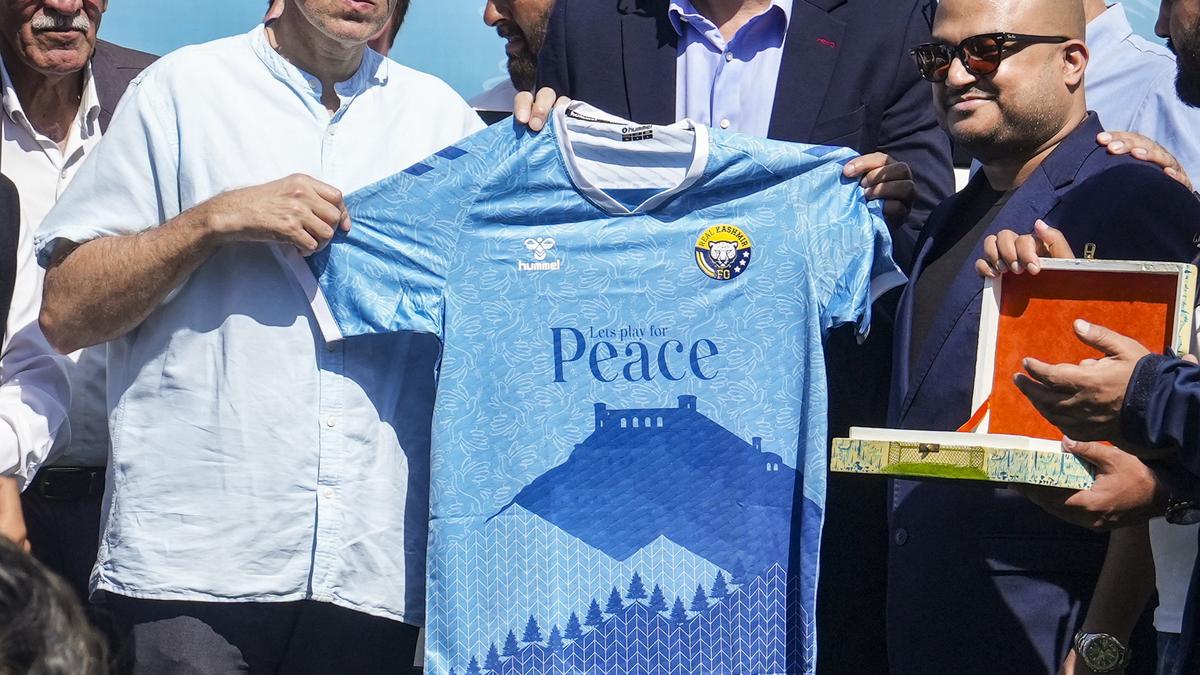Now Reading: U.S. Congressman Ami Bera Criticizes H-1B Visa Fee Hike as ‘Poorly Thought Out
-
01
U.S. Congressman Ami Bera Criticizes H-1B Visa Fee Hike as ‘Poorly Thought Out
U.S. Congressman Ami Bera Criticizes H-1B Visa Fee Hike as ‘Poorly Thought Out

quick Summary
- U.S. President Donald Trump has imposed a $100,000 fee on H-1B visa applications through an executive order announced on September 19, 2025.
- indian-American Congressman Ami Bera criticized the decision as “poorly thought through” and remarked it could hurt U.S. tech companies while encouraging operations to move to India.
- H-1B visas are critical for IndiaS IT sector; 71% of such visas are granted to Indians, making them significantly affected by the policy.
- A U.S. Congressional delegation led by Mr.Bera is visiting India to discuss bilateral concerns with Indian officials and business leaders in Delhi and Mumbai this week.
- External Affairs Minister S. jaishankar and Commerce Minister Piyush Goyal are concurrently visiting the U.S. for dialog aimed at mending strained ties between both countries.
- Recent months have witnessed escalating tensions due to issues like increased tariffs on Indian goods, sanctions related to Iran’s Chabahar port project, student visa cancellations, and deportation policies towards Indians in the U.S.
- Mr.Trump’s potential visit to India later this year for the Quad Leader’s Summit was hinted but remains unconfirmed.
Indian Opinion analysis
The imposition of a $100,000 H-1B visa fee appears poised to impact both India’s IT sector as well as American tech firms that rely heavily on skilled immigrant labor from India-prompting questions about its long-term economic efficacy for the United states itself.Congressman Ami Bera’s warning that this may inadvertently shift investments toward cities like Hyderabad or Bangalore underscores how interconnected global talent markets influence corporate strategies.
India-U.S.relations seem caught in turbulent waters given concerns over tariffs, sanctions linked with geopolitical maneuvering (e.g., BRICS interactions), and contentious migration policies like those seen in curbs on student visas or deportations of Indians from the United States. though, ongoing dialogues led by key officials-including mr. Jaishankar’s approach state diplomacy-indicate efforts aimed at cushioning these rifts while jointly addressing mutual trade dependencies.A broader recalibration of bilateral trust will need strengthened institutional frameworks from both sides if they aim beyond transactional exchanges toward deepening strategic partnerships in fields such as technology or defense cooperation.
























